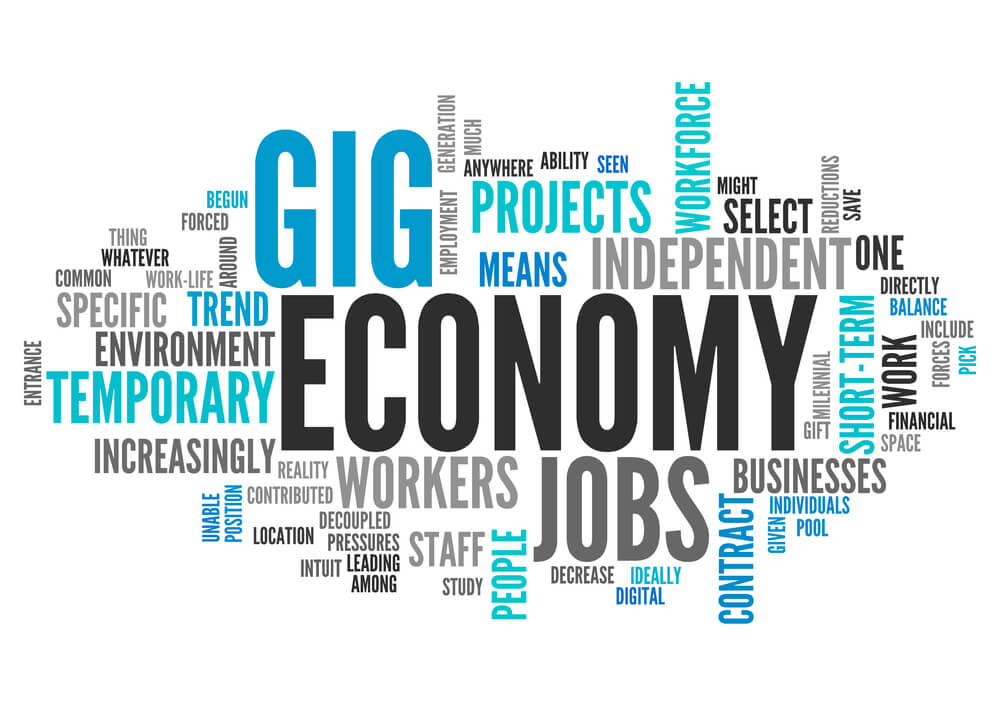The Road Ahead: Reinventing Work
Despite its flaws, the gig economy is here to stay. The challenge now is to reshape it into a more sustainable and equitable system. Key proposals include:
Advertisement
-
Portable benefits that follow workers from gig to gig
-
Universal basic income to cushion income volatility
-
Minimum standards for pay and conditions on gig platforms
-
Transparency in algorithmic decision-making
-
Legal frameworks that reflect the realities of modern work
Some platforms are beginning to experiment with these ideas. For example, worker cooperatives are emerging as ethical alternatives, where gig workers collectively own and manage the platform. Governments and labor unions are also pushing for hybrid employment models that combine flexibility with rights.
Conclusion: A Double-Edged Sword
The gig economy is neither inherently good nor bad. It offers unprecedented freedom, opportunity, and innovation, but also poses serious risks to economic security, mental health, and labor rights. For some, it represents empowerment; for others, exploitation.
As we move deeper into the 21st century, the future of work will be defined not just by technology or innovation, but by the values we choose to uphold. Will we build a labor market that champions flexibility and fairness? Or will we allow convenience to come at the cost of stability and dignity?
The answer will shape not just the economy—but the lives of millions.
